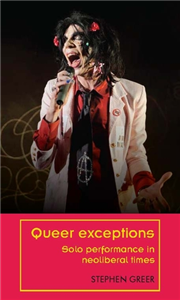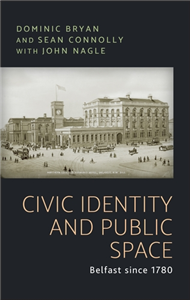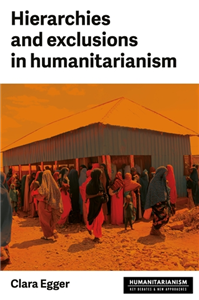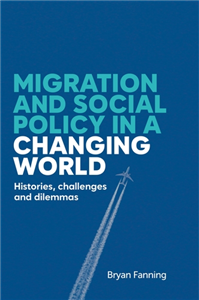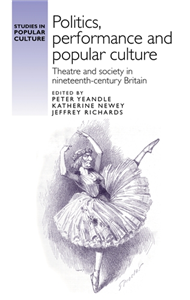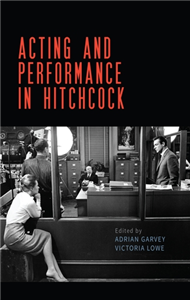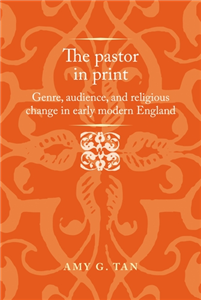Suug Productions
Kontexte, Blickwinkel, Sichtachsen und Perspektivwechsel Was wir machen Das Internet sollte Zugang zu Wissen organisieren und ist ein Werkzeug zum Austausch von Ideen, Visionen und Lösungen. – Suug Productions kreiert Projekte mit Sinn – und dem Anspruch, die Welt durch neue und ungewöhnliche Kontexte, Blickwinkel, Sichtachsen und Perspektivwechsel zu einem etwas reizvolleren Ort zu machen.
View Rights Portal



